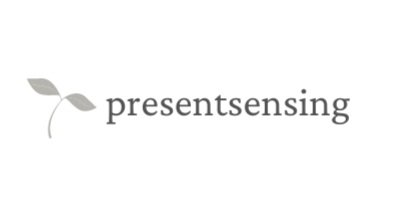How We Talk About Ourselves Matters: Language, the Body, and Therapy
How we talk about ourselves matters. How we talk about our bodies matters.
The language we use to describe our embodied experience can either bring us into deeper connection with ourselves or create disconnection by fragmenting us into unrelated parts. In embodied, relational Gestalt therapy, awareness of language is a pathway to wholeness.
Fragmentation Through Language
When we say things like “my back hurts” or “my neck is tense,” we turn parts of ourselves into separate objects. This kind of self-othering makes it harder to experience ourselves as a whole being.
Often, we believe: “If I could just fix this part, then I’ll be happy.” But relief doesn’t come from fixing body parts. Relief comes from connection and integration. In other words, wholeness.
Your Body Is You
Consider this: your back isn’t separate from you. Your back is you. You are your back.
By connecting with your whole being instead of fragmenting yourself into parts, you can:
build awareness of sensations
listen to and understand the messages your body communicates
uncover the feelings underneath your sensations
This awareness is often where healing begins.
Shifting Language: From “My Back” to “I”
One way to reconnect with yourself is to shift your language. Try experimenting with these phrases:
“My back is hurting” → “I am hurting.”
“My shoulder is tense” → “I am tense.”
“My neck is compressed” → “I am compressed.”
Notice how it feels to use “I” instead of distancing yourself through “my [body part].” Does something shift for you when you speak this way?
Shifting From Passive to Active Language
Another experiment is to move from passive to active language:
“I am tense” → “I am tensing myself …” because? in response to ___? in order to prevent ___?
“I am compressed” → “I am compressing myself …” because? in response to ___? in order to prevent ___?
This shift can awaken you to your body’s wisdom. For example: “I am tensing myself because I feel afraid.” From here, you can attend to the feeling (fear) rather than trying to fix the sensation (tension).
Why Language Matters in Therapy
When we fragment ourselves into body parts, we may also keep our underlying feelings at a distance. Over time, sensations may intensify or shift until we pause and bring awareness to them.
Embodied, relational Gestalt therapy can offer supportive spaces to explore the language we use and the embodied wisdom beneath it.
You are already whole. Changing how you talk about yourself can help you experience your wholeness more fully.
Frequently Asked Questions About Language and the Body
Why does the language I use about my body matter?
Language shapes how you experience yourself. Saying “my back hurts” separates you from your body, while “I am hurting” gets to the heart of how you are really feeling, what’s actually going on.
How does therapy explore language and embodiment?
In therapy together, we can pay attention to both words and sensations. Language becomes a tool for awareness, helping you move closer to your feelings and yourself.
Can shifting language really change how I feel?
Yes. Many people notice emotional shifts or experience relief when they change from “my body part” language to “I” language. It can be a small but powerful step toward knowing - and trusting - yourself more deeply.
Do you offer therapy for embodied awareness online?
Yes. I offer embodied, relational Gestalt therapy in Toronto and online therapy across Ontario.
Book a free consultation to explore what therapy can make possible.
For further exploration around sensation and embodied wisdom, check out:
When the Body Says No by Gabor Maté
https://drgabormate.com/book/when-the-body-says-no/
The Body Keeps the Score by Bessel van der Kolk
https://www.besselvanderkolk.com/resources/the-body-keeps-the-score

